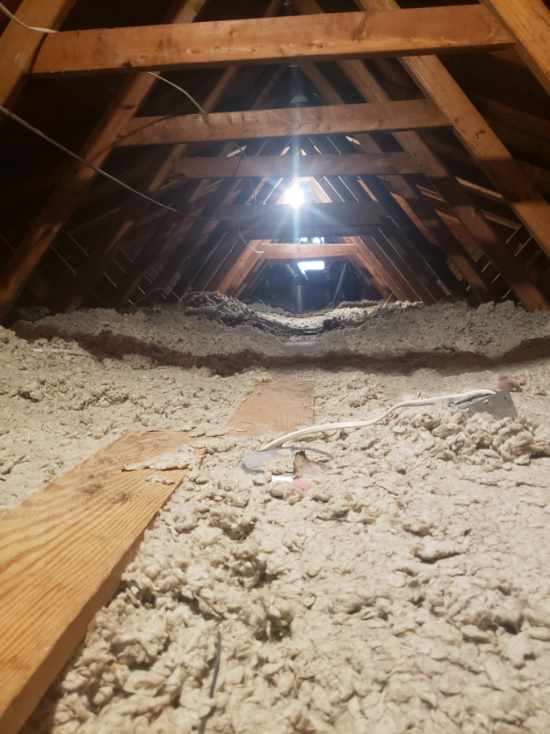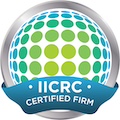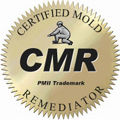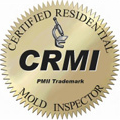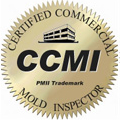Unwanted water or leaks in your home can be daunting. Although water damage caused by mother nature is imminent, damage caused by your household appliances is often preventable. Since most appliances require water to function, they are disaster prone and bound to leak eventually.
Understanding which household appliances generally leak, makes you as a homeowner better prepared to prevent minor and major water damage in your home.
Take a good look at your stainless steels and make sure your floors remain dry.
1. Garbage Disposal
Dinner was great! Now it’s time to do the dishes. As your washing plates you notice the sink is taking unusually long to drain. You check the cabinet under the sink, and you see your extra sponges, trash bags and laundry detergent all submerged in water.
Garbage disposals leaking is a common problem that plagues many homeowners. Garbage disposals are connected by multiple tubes, to the sink, drain, and dishwasher. This creates multiple areas that can malfunction and begin to leak.
Inspect all drainpipes connected to the garbage disposal to further gauge where the culprit is located.
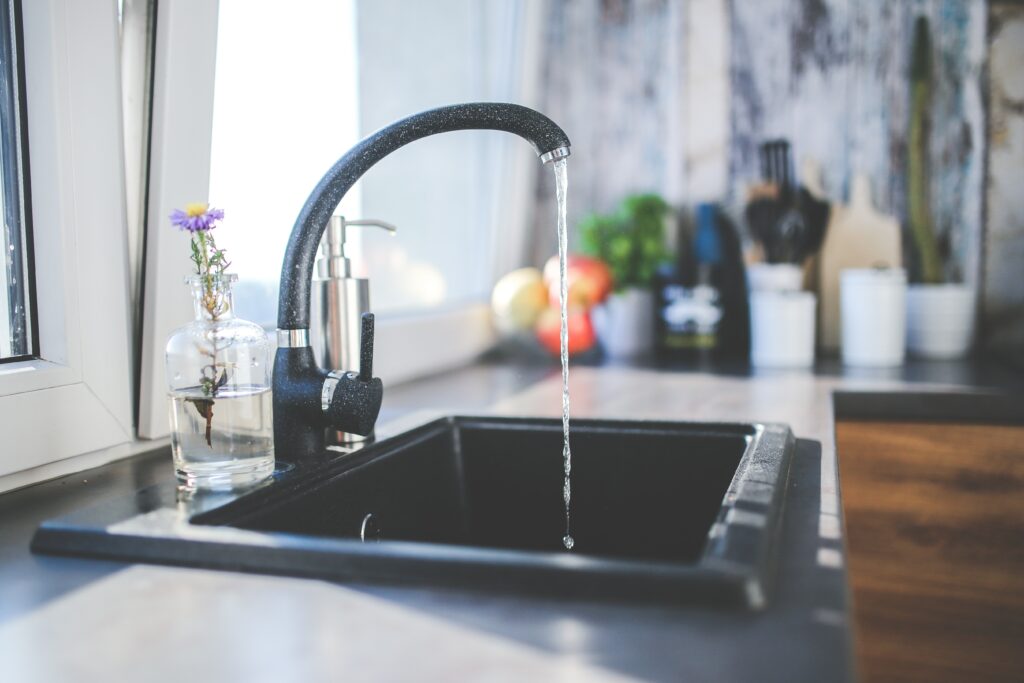
2. Refrigerator
Often the most prized possession of our kitchens, the fridge, can still cause a flood headache. Waterlines often crafted with copper or plastic can develop cracks which can lead to leaks followed by water damage. Innocent acts like pulling the fridge out to clean can cause a waterline to become damaged.
In the summer refrigerators produce more moisture. When the door is opened, warm air passes over the condenser coil causing water to accumulate at the bottom of the fridge and leak onto the floor.
At Superior Damage Restoration we suggest cleaning your refrigerators’ condenser coil before the weather gets warmer. This will reduce the risk of an overflow caused by grime buildup.
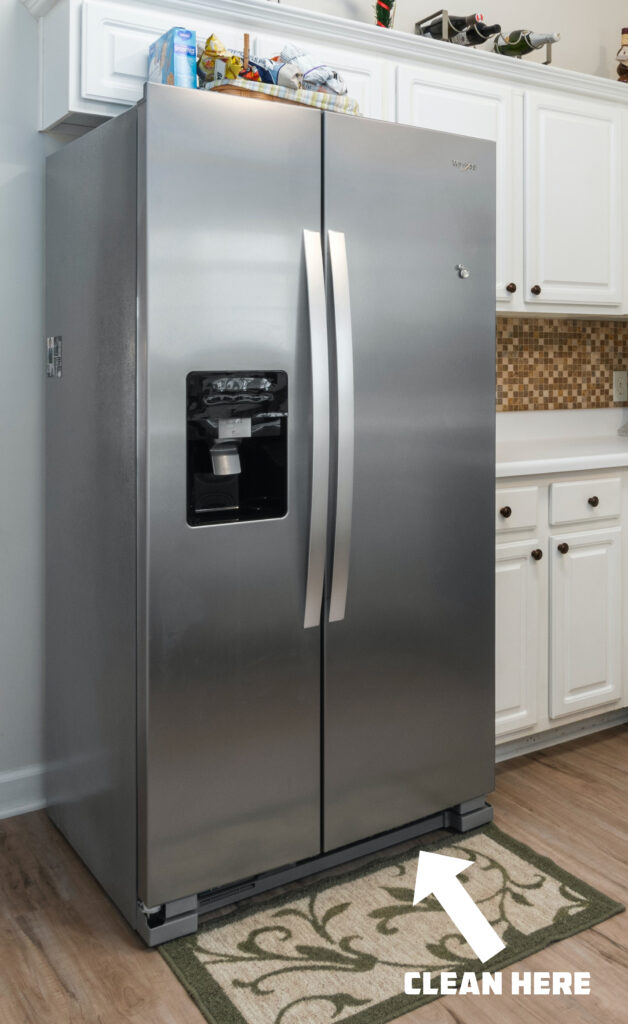
3. Dishwasher
Dishwasher leaks can cause more problems than just producing a puddle on your kitchen floor. Unlike other appliances which can still function while leaks are prevalent, once a dishwasher leaks, users must cease its use until the issue is resolved.
While the appliances age is a factor, there are a few user errors that if avoided can prevent dishwasher leaks. Adding excess detergent, using the wrong detergent, loading too many dishes per load, or improperly loading dishes can all cause a leak.
Dishwasher filters prevent small, soggy bits of food from clinging to clean dishes. The filter also keeps food from clogging the drain. To avoid some leaks, at least once a year clean out the dishwasher filter. Generally, older models (pre- 2010) are self-cleaning and newer models (post-2010) require manual cleaning. Cleaning the filter plays a key role in maintaining your dishwashers’ efficiency.
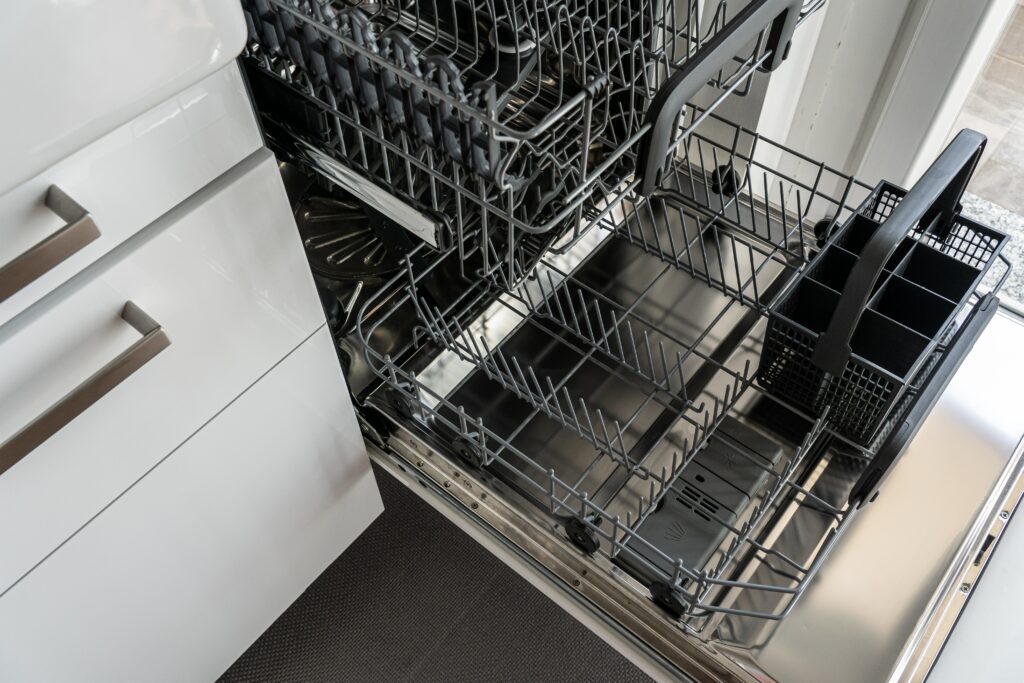
4. Washing Machine
The average American family washes 10 loads of laundry per week. There’s no wonder why our machines develop leaks and inefficiencies over time. The good news is there are a few user errors that can prevent leaks before they even start.
Ensure that your washing machine is on stable, even flooring. An unstable machine can shake during the spin cycle and water may spill out.
If your machine is newly purchased, you may have forgot to remove the temporary plastic drain plug. Turn off the water line, pull out the plug then re attaching the drain hose should solve this problem.
At Superior Damage Restoration we also recommend checking your machines drain hose to determine if there are any obstructions blocking the way. If the hose is worn out or badly kinked, replacing it will result in improved drainage.
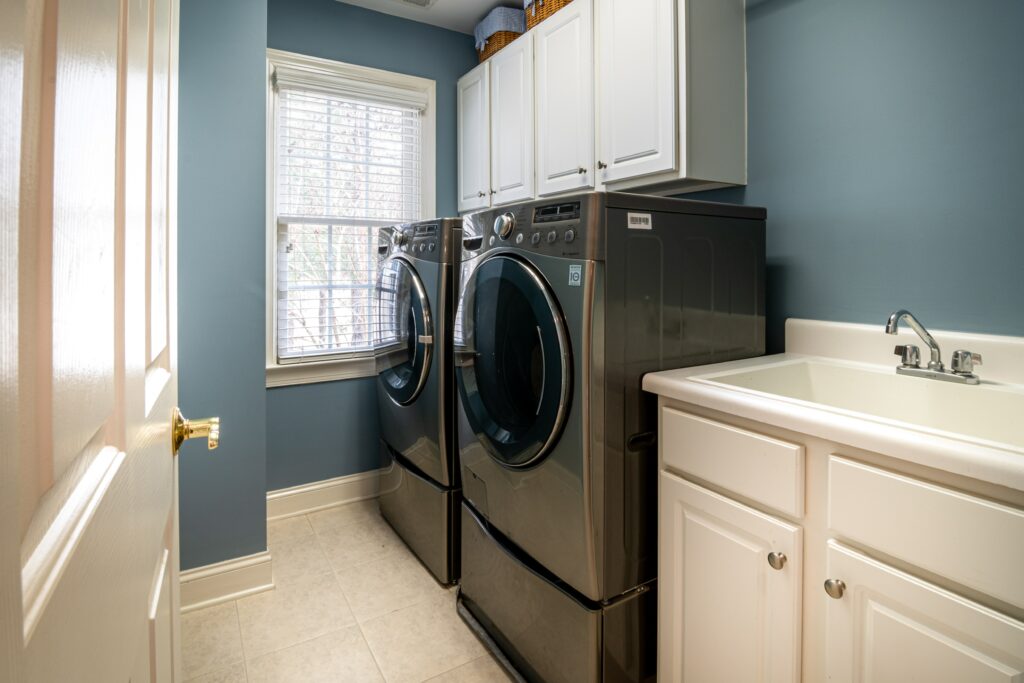
5. Air conditioner
Eventually it’s possible that your air conditioner will begin to leak water. What starts as a mild inconvenience can end up destroying ceilings, walls or floors. Mold can even develop in moist areas and pollute the air in your home.
Some air conditioners have air filters that accumulate dirt and begin to leak water. At SDR we recommend changing these filters every 90 days, sooner if you have pets or allergies.
If your air conditioner is old, it may have a damaged or rusted drain pan. Drain pans must be in new to mint condition and the correct size for optimal use.

After going through the steps of checking each appliance, you will be able to determine if a replacement machine or replacement part is needed.
For getting rid of your current water damage and returning your home to its originally state, contact Superior Damage Restoration.
301-200-7272
Our highly trained experts will deliver you with excellent, expedited results and services.
We proudly serve Montgomery County Maryland, Prince Georges County Maryland, Washington DC, and parts of Northern Virginia.



